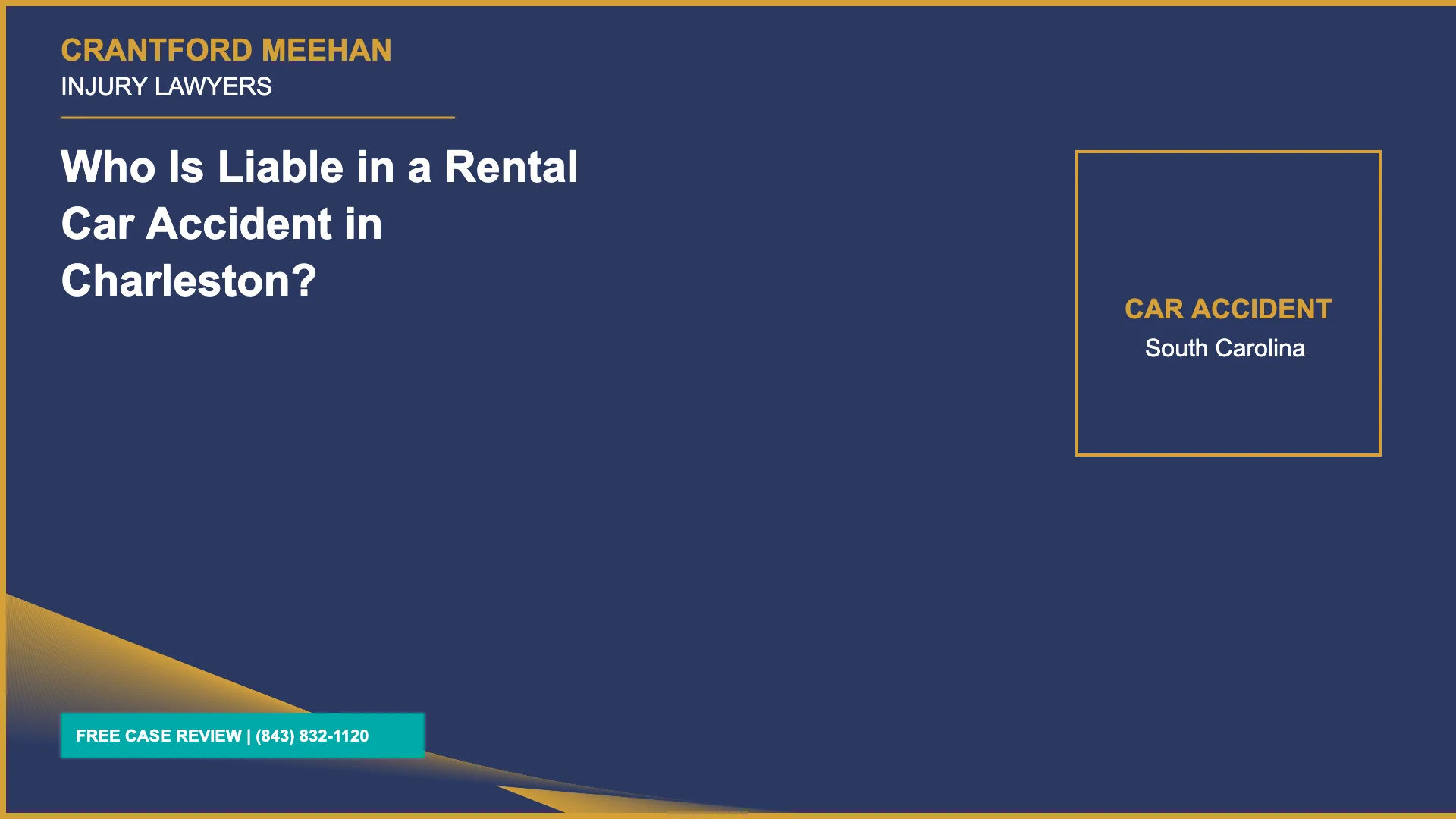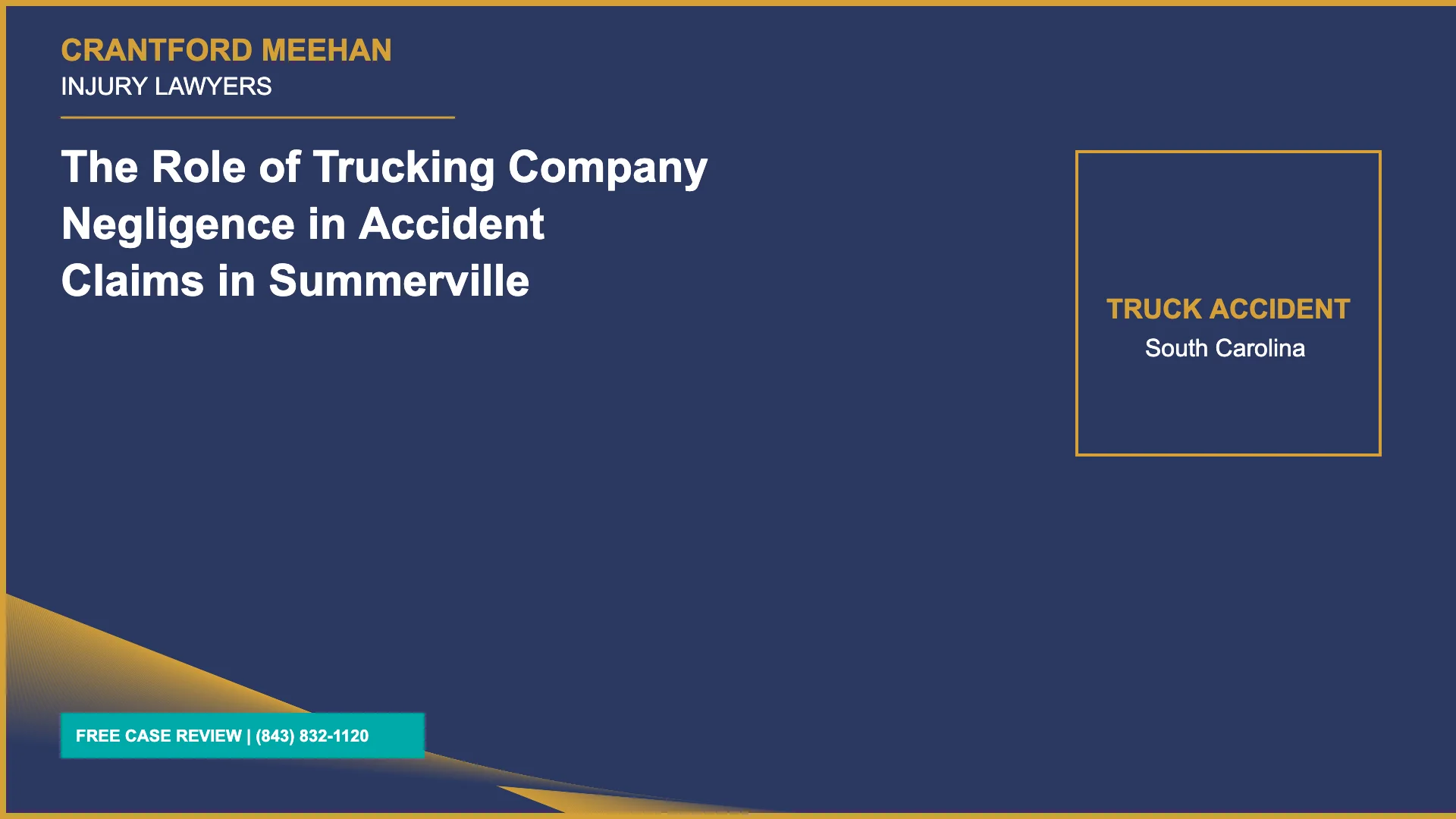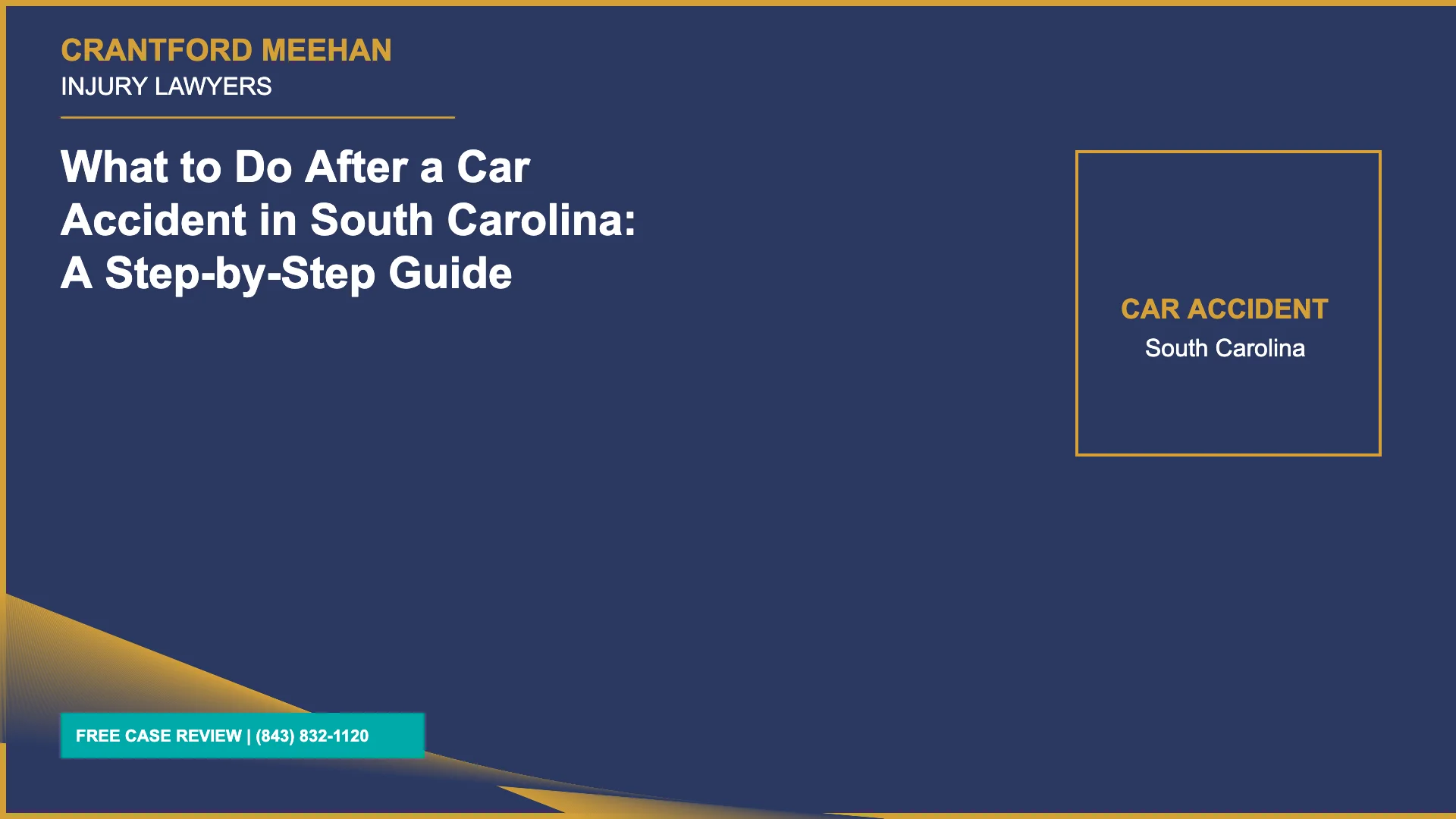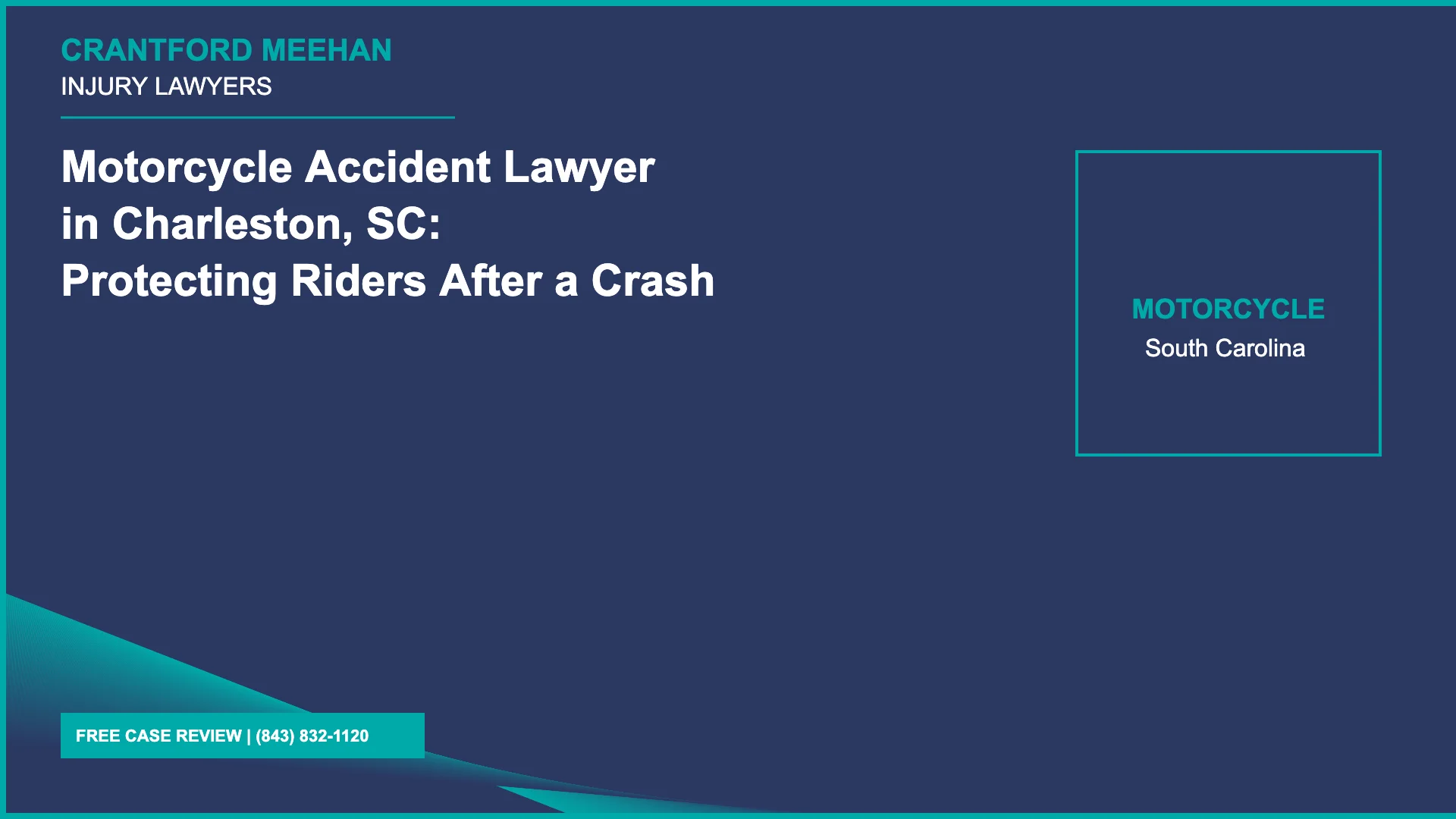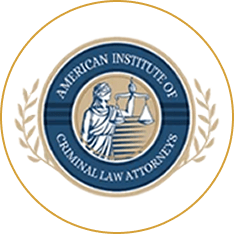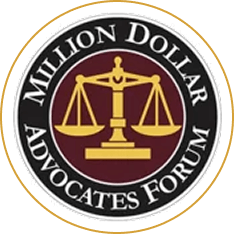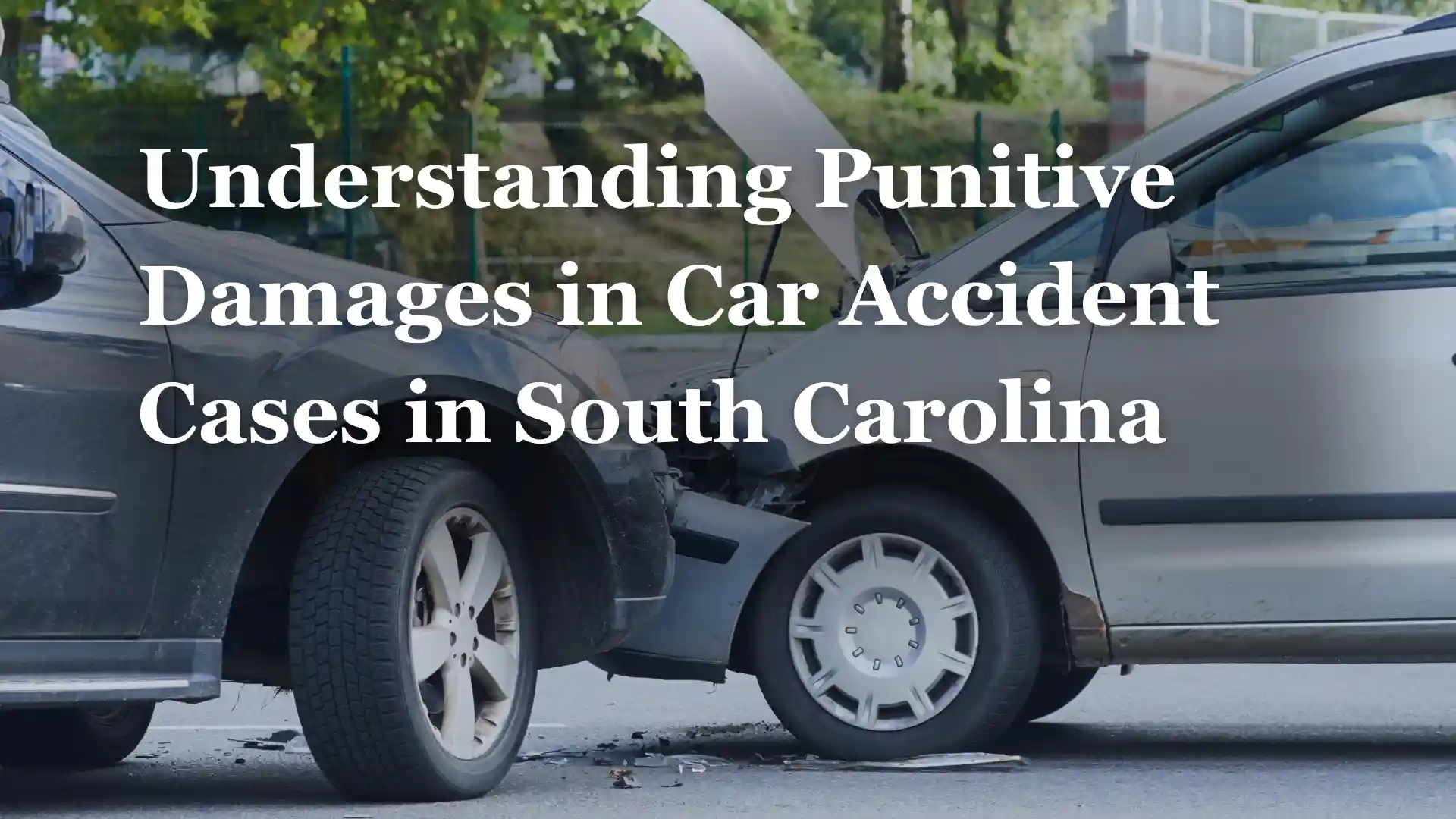 After a car accident, your focus is on recovery, medical bills, and moving forward. But when the at-fault driver’s actions are incredibly reckless, it’s about more than compensation – it’s about accountability. That’s where punitive damages come in.
After a car accident, your focus is on recovery, medical bills, and moving forward. But when the at-fault driver’s actions are incredibly reckless, it’s about more than compensation – it’s about accountability. That’s where punitive damages come in.
Unlike compensation for medical expenses and lost wages, punitive damages punish reckless behavior and send a clear message. However, not every case qualifies, and South Carolina has strict rules on when a court can award punitive damages in a car accident claim.
When Are Punitive Damages Awarded in Car Accident Cases?
Not every accident case qualifies for punitive damages. You have to show that the at-fault driver did something willful, wanton, or reckless. In other words, they weren’t just being careless – they were acting in a way that showed a total disregard for other people’s safety.
Some everyday situations where punitive damages may apply include:
- Drunk Driving Accidents – If a driver gets behind the wheel while intoxicated or high, they’re making a choice that puts everyone around them in danger. Courts tend to take this seriously, and are more likely to award punitive damages in these cases.
- Excessive Speeding – We’re not discussing going a few miles over the limit. If someone is flying down the highway at 100 mph, racing on public roads, or weaving in and out of traffic at dangerous speeds, that could be enough to justify punitive damages.
- Hit-and-Run Accidents – Leaving the scene of an accident, especially if someone is injured, is a major red flag. It shows an apparent disregard for the safety of others.
- Intentional Misconduct – If the at-fault driver deliberately caused the crash (such as in road rage incidents where someone aggressively cuts you off or brakes suddenly to force a collision), punitive damages could come into play.
Before the court will award punitive damages, the burden of proof is higher than in a typical personal injury case. Instead of proving your case by a preponderance of the evidence (which means showing that your version of events is more likely), you have to prove by clear and convincing evidence that the other driver’s actions were reckless or intentional.
How Much Can You Receive in Punitive Damages?
South Carolina has caps on punitive damages, meaning there’s a limit to how much you can be awarded. Typically, punitive damages are capped at three times the amount of your compensatory damages or $500,000, whichever is greater.
But there are some exceptions to that cap:
- If the Defendant Intentionally Caused Harm – If you prove that the at-fault driver meant to hurt someone, there’s no limit on punitive damages.
- If the Defendant Was Convicted of a Felony Related to the Accident – For example, if they were charged with felony DUI, the cap might not apply.
- If the Defendant Was Under the Influence of Drugs or Alcohol – In cases involving drunk driving, South Carolina removes the usual cap on punitive damages. That means if a drunk driver hits you, the court could award much more than the typical limit.
These exceptions recognize the severity of reckless or intentional misconduct, allowing for higher punitive damages in cases where the defendant’s actions were especially egregious.
Compensatory vs. Punitive Damages: What’s the Difference?
If you’re filing a personal injury lawsuit after a car accident, you’re usually asking for compensatory damages – money that covers things like:
- Medical bills
- Lost wages
- Property damage
- Pain and suffering
These damages are meant to reimburse you for what you’ve lost.
Punitive damages, on the other hand, have nothing to do with making you whole. They aim to punish the at-fault driver for reckless or dangerous behavior and discourage others from doing the same thing.
Reckless Driving and Gross Negligence in Punitive Damage Cases
For punitive damages to apply, the at-fault driver’s behavior has to go beyond ordinary negligence (just carelessness) and rise to gross negligence or recklessness. So, what does that mean?
- Gross Negligence – This occurs when someone completely ignores obvious risks and doesn’t care about the consequences. For example, if a driver is texting, speeding, and running red lights simultaneously, the court might consider this behavior grossly negligent.
- Recklessness – This is when someone knows what they’re doing is dangerous but does it anyway. Think of a driver weaving in and out of traffic at 90 mph, knowing they could cause a serious crash.
South Carolina courts look at these behaviors closely when deciding whether to award punitive damages.
The Burden of Proof for Punitive Damages
Proving negligence in a car accident case is one thing. Proving recklessness (which is required for punitive damages) requires you to meet a much higher bar.
To win punitive damages, your attorney has to provide clear and convincing evidence that the at-fault driver acted in a way that was beyond careless – it has to be reckless, wanton, or intentional. That’s a stricter standard than regular negligence cases, which only require a preponderance of the evidence (meaning “more likely than not”).
Can Insurance Cover Punitive Damages?
Here’s where things get tricky. Most insurance policies don’t cover punitive damages. 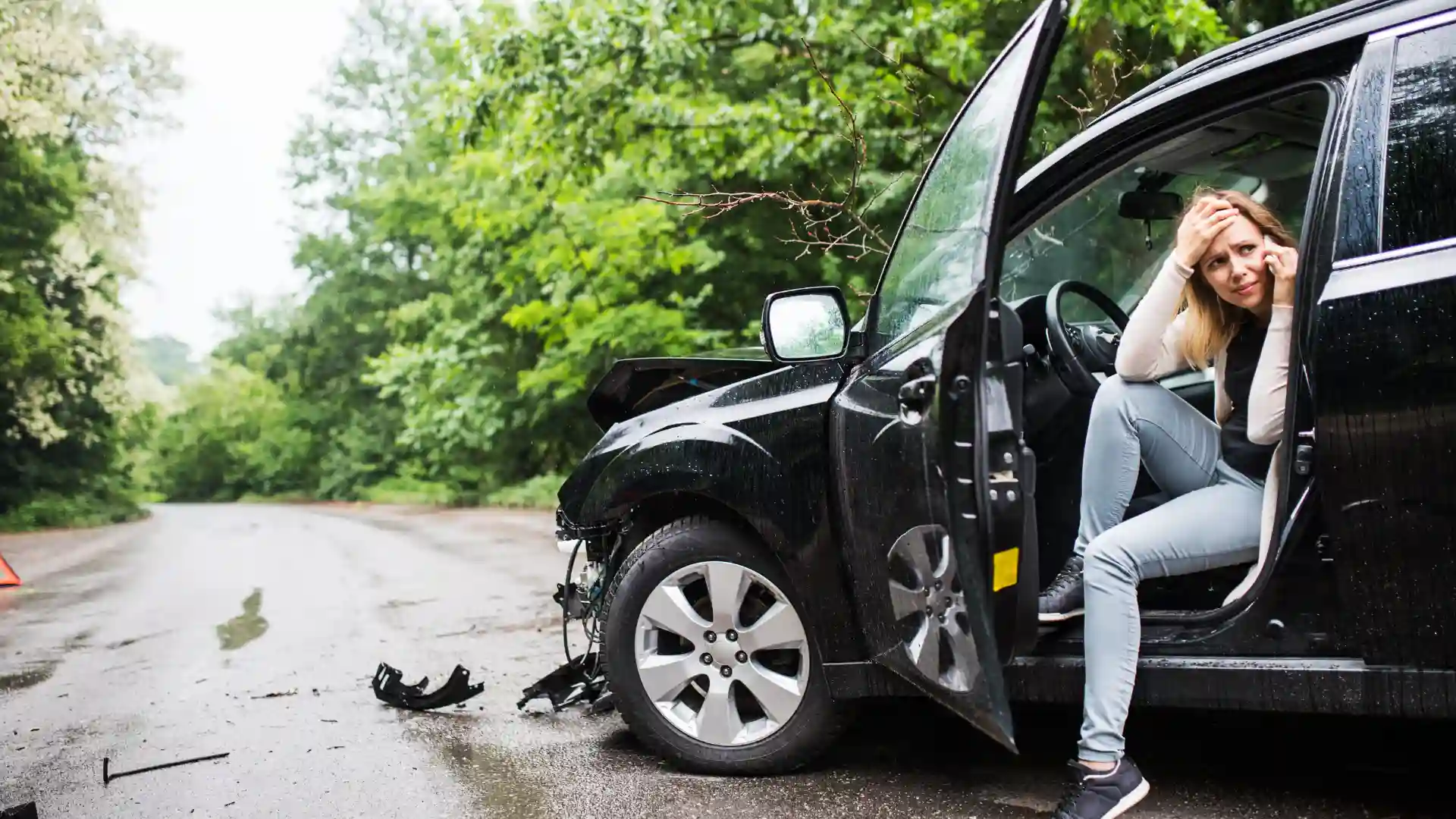
That being said, some policies do include coverage for punitive damages. An experienced car accident attorney can help you review all available insurance policies and determine the best way to collect your debts.
What If a Car Accident Results in a Wrongful Death?
In wrongful death cases, where a car accident leads to someone losing their life, punitive damages can also come into play. If the at-fault driver acted recklessly or intentionally, the deceased’s family may be able to seek punitive damages in addition to other compensation for their loss.
Why You Should Pursue Punitive Damages
Not every car accident qualifies for punitive damages, but you may be entitled to more if the at-fault driver was reckless. These damages show that the state won’t tolerate dangerous behavior, and they can add significant value to your case. The attorneys at Crantford Meehan know South Carolina law and will fight for the maximum compensation you deserve. Contact us today or call (843) 832-1120 for a free consultation with an experienced car accident attorney.
NATIONALLY RECOGNIZED LAW FIRM
REQUEST YOUR FREE CONSULTATION
GET THE HELP YOU NEED
Fill out the form below to get in touch with us!

